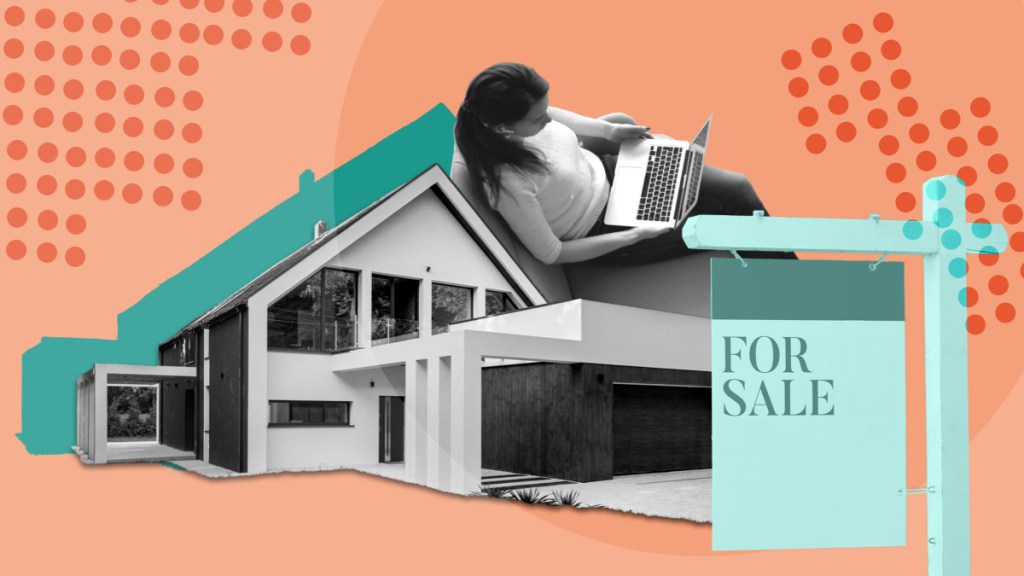
When buying a house, many Americans consider a 20% down payment to be the norm, the ideal amount of money to put down to get a conventional mortgage with no private mortgage insurance and to keep monthly payments reasonably affordable. However, a majority of homes are actually bought with far less than 20% down. What is the average down payment on a house?
Lodestar Software Solutions’ loan estimate calculator has collected over 600,000 loan cost estimates from across the U.S. containing detailed information about home prices, loan amounts and locations.
Analyzing this data set, the median down payment amount in the U.S. in 2018 was $15,490, which is 5.37% of the median price of $270,000. In the previous year, 2017, the median down payment was $15,150, which is 6.06% of the median price of $250,000.
Since the median indicates the middle value if all the prices were lined up in order, this means that half of the searches run in LodeStar’s calculator were for loans with a down payment of less than 5.37%.
More for Real Estate Enthusiasts
Down payment trends over time
Over the past two years, a median down payment of 5% to 6% is not out of the ordinary. Comparatively, historical data from ATTOM Data Solutions shows that over the past 18 years, the median down payment has consistently remained less 10%, fluctuating between 9% and just under 3%.
“For many Americans, accumulating a 20% down payment is simply too burdensome,” Res/Title National Sales Manager Brooke Solomon said. “In some of the more expensive markets, it can take a decade or more for a home buyer with an average income to save for a 20% down payment. For others who already have the money, they often choose to use it in other ways such as savings for retirement or paying off other loans.”
Average down payment on a house varies by state
While the median down payment is consistently in the single digits, down payments vary considerably depending on geographical location, both as a dollar amount and as a percentage of home price.
The differences in home prices across and states and different percentages put down in each state mean that the down payment amounts also have a wide range. California, an expensive state with a median purchase price of $570,000, has a median down payment amount of $115,000, 20% down, while at the low end, the median home buyer in South Dakota buys a $190,000 home with a down payment of $5,250, or 2.57% down.
Factors affecting average down payments
This data raises the question of why the average down payments on a house vary so much by state. To get a loan with a small down payment, buyers have several different options. The Federal Housing Administration insures loans with as little as 3.5% down, although there are loan amount maximums which may not be enough in high-cost real estate markets such as Manhattan.
The Department of Veterans Affairs offers loans with as little as 0% down to veterans, but these are not available to general consumers. The Department of Agriculture offers loans in rural or suburban areas with 0% down but has income restrictions as the program is meant to help borrows of modest means.
Finally, Fannie Mae and Freddie Mac offer conventional 97 loans with a 3% down payment, but there is a strict loan limit amount of $424,100 and only single-family homes are eligible, meaning that these programs are less useful in urban and high-cost areas.
“It is incredibly important for mortgage and real estate professionals to educate consumers on the amount to save for down-payments, especially first-time homebuyers,” said Peter Benjamin, Lafayette Federal Credit Union senior vice president of mortgage lending. “Having to pay even a few thousand dollars less than they thought can translate into them buying a new home months ahead of time.”
Taking into account the different options home buyers have for obtaining a loan with a small down payment, some possible variables at the state level that could affect median down payment percent are average home price, percentage of single family homes, homeownership rate, and average household income.
What this means
The median down payment in the United States is closer to 5%, rather than 20%, so there are plenty of opportunities for homebuyers to buy with little money down, although some prospective homebuyers might not be aware of these options. While a higher down payment removes the need for mortgage insurance and lowers monthly payments, a lower down payment can allow homebuyers to spend less time saving for the down payment or can free up the money for other investments or debt reduction.
“The loan officer is uniquely positioned to have these conversations with potential borrowers,” said Kimberly London, USALLIANCE Financial vice president of real estate lending, closing and servicing. “We train all our LO’s to take into account all aspects of the borrower’s situation to determine any factors they can utilize to their advantage.”











